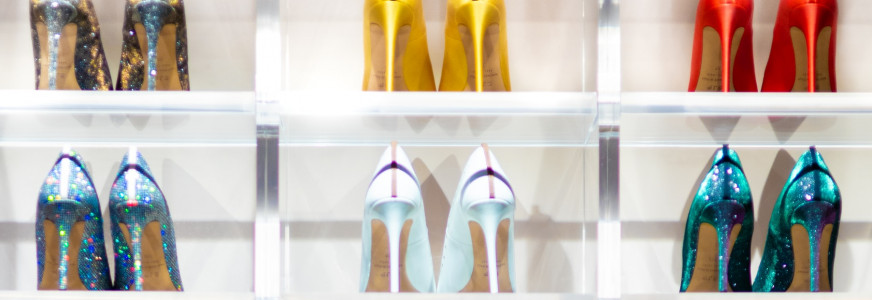Trade Policy & Customs Update nr. 3, 2021
News
- Transport costs exploding: Adapting customs values
- Harmonised System indepth reform 2022
- Amsterdam court confirms court decision, air mattress classification under item 39.26
- Vietnam EVFTA - Rules of Origin Guidance - June Update
Transport costs exploding: Adapting customs values?
Euratex is aware of the issue and what they can do from their side is to ask for a temporary customs duties suspension (or at least exclude the transport cost from the calculation). EURATEX has sent a letter to DG TAXUD to make them aware of the situation and ask if they see any major obstacle (of any nature: political and/or procedural) to obtain a duties suspension or a temporary change in the calculation method. In principle, the European Commission has no power to take such decision alone. The process must be initiated by a Member State that should raise the issue in one of the Trade WP meetings taking place at the Council (there are three of them scheduled on Nov 9, 23 and 30).
MODINT is member of EURATEX and will keep you informed on this initiative, barberi@modint.nl
Harmonised System indepth reform 2022
At the beginning of 2022, the time has come again: the World Customs Organization (WCO) will put the HS Revision 2022 into force and adapt the Harmonized System (HS) to the constantly changing technological progress. As members of the WCO, the EU and Switzerland are obliged to incorporate these changes into the national and combined tariffs, resulting in numerous changes to the customs tariff numbers for products.
Be prepared for 1 January 2022. The upcoming changes require an adjustment of the company’s product master data in order to be prepared for the future customs clearances, a correct import duty payment and the appropriate origin calculation. This task could also be combined with a general review of the used tariff codes and related optimization potential. Read more>>
The Harmonized System (HS), as a worldwide system used by almost all countries, maps the first six digits of the goods number / customs tariff number. It is therefore the basis for classifying goods in the customs tariff and thus avoids duties, taxes and duties as well as documents that have to be presented.
This results in 30 changes or adjustments in Chapters 50 to 63 (Section XI) alone. Details of the changes can be found in the correlation tables published on the World Customs Organization (WCO) website. You will also find further information on HS 2022 on these pages.
- Correlation table I: Here you will find details and comments on the new commodity codes as well as a comparison of the commodity codes from 2022 and the previous commodity codes.
- Correlation table II: This table compares the previously valid commodity codes (2017) with the commodity codes valid from 2022 and thus enables a simple overview of the changes that may be made to your master data.
With a view to possible preference calculations, please note that the changes in the HS regularly have no effect on this! The HS to be used for the application of the list criteria were also defined in the preference agreements (e.g. the HS status 2007 applies in the agreement with Switzerland, the HS status 2017 applies in the agreement with the United Kingdom). In addition, the changes can have an impact on the lists of goods for the permits issued to you and any binding customs tariff information issued. An early check should also be carried out here. As soon as we have received the changes in the list of goods for the foreign trade statistics of the Federal Statistical Office derived from the changes to the HS, we will inform you of this in a separate customs direct.
Amsterdam court confirms court decision, air mattress classification under item 39.26
13 August 2021Jurisprudence In the case under number 21/00085, the Amsterdam Court of Appeal ruled on 13 July regarding the classification of an air mattress. The air mattress cannot be regarded as 'plastic furniture' of heading 94.03. This opinion is supported by the EC Explanatory Memorandum to Chapter 94, which specifies with effect from 29 March 2019 that inflatable articles (such as inflatable chairs, inflatable lounge chairs, etc.) that are generally designed to be taken to different places (e.g. camping grounds, the beach , etc.) and used there temporarily, are not furniture within the meaning of Chapter 94 but, depending on the material from which they are made, camping articles of heading 63.06 or articles of Chapters 39 or 40.
Vietnam EVFTA - Rules of Origin Guidance - June Update
Vietnam EVFTA - Rules of Origin Guidance - June Update DG TAXUD have issued the fifth update on the guidance notes of the VIETNAM EU FTA. The addition concerns when consignments are split in the country of origin (Point 4). NB: the footer on each page says “February 2021” – this is an error; the update is June.

